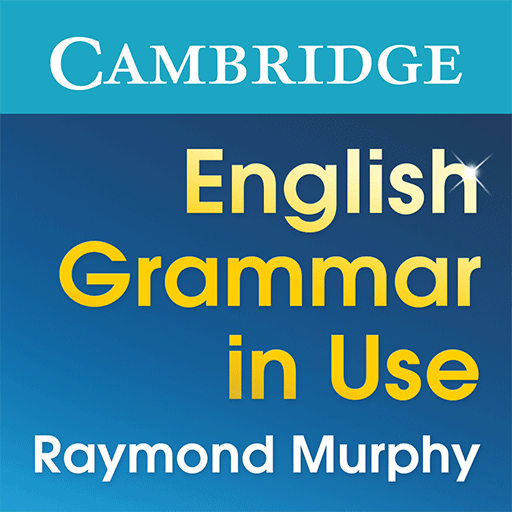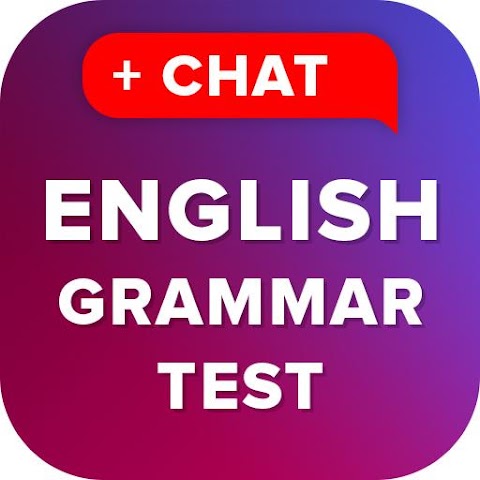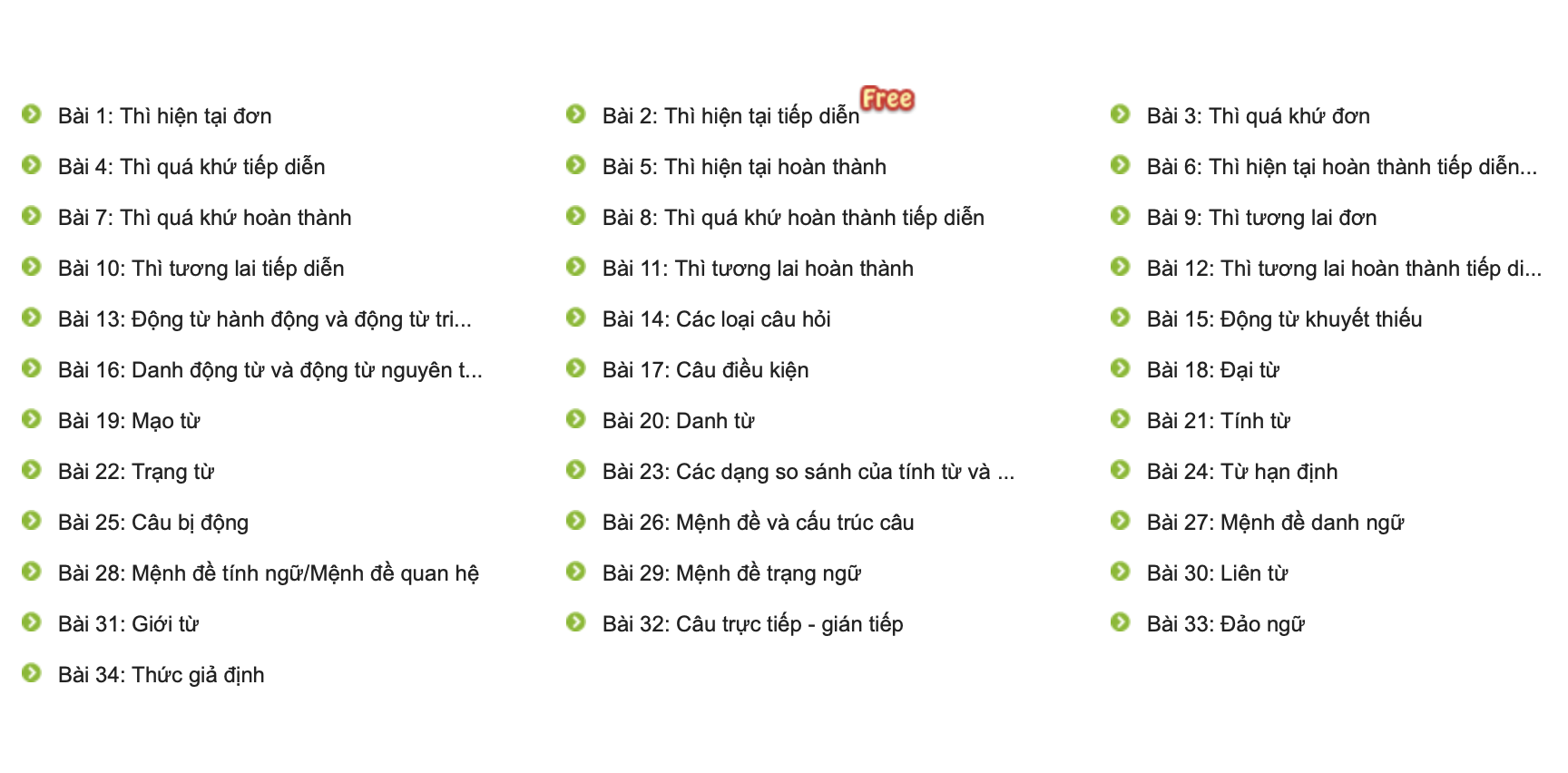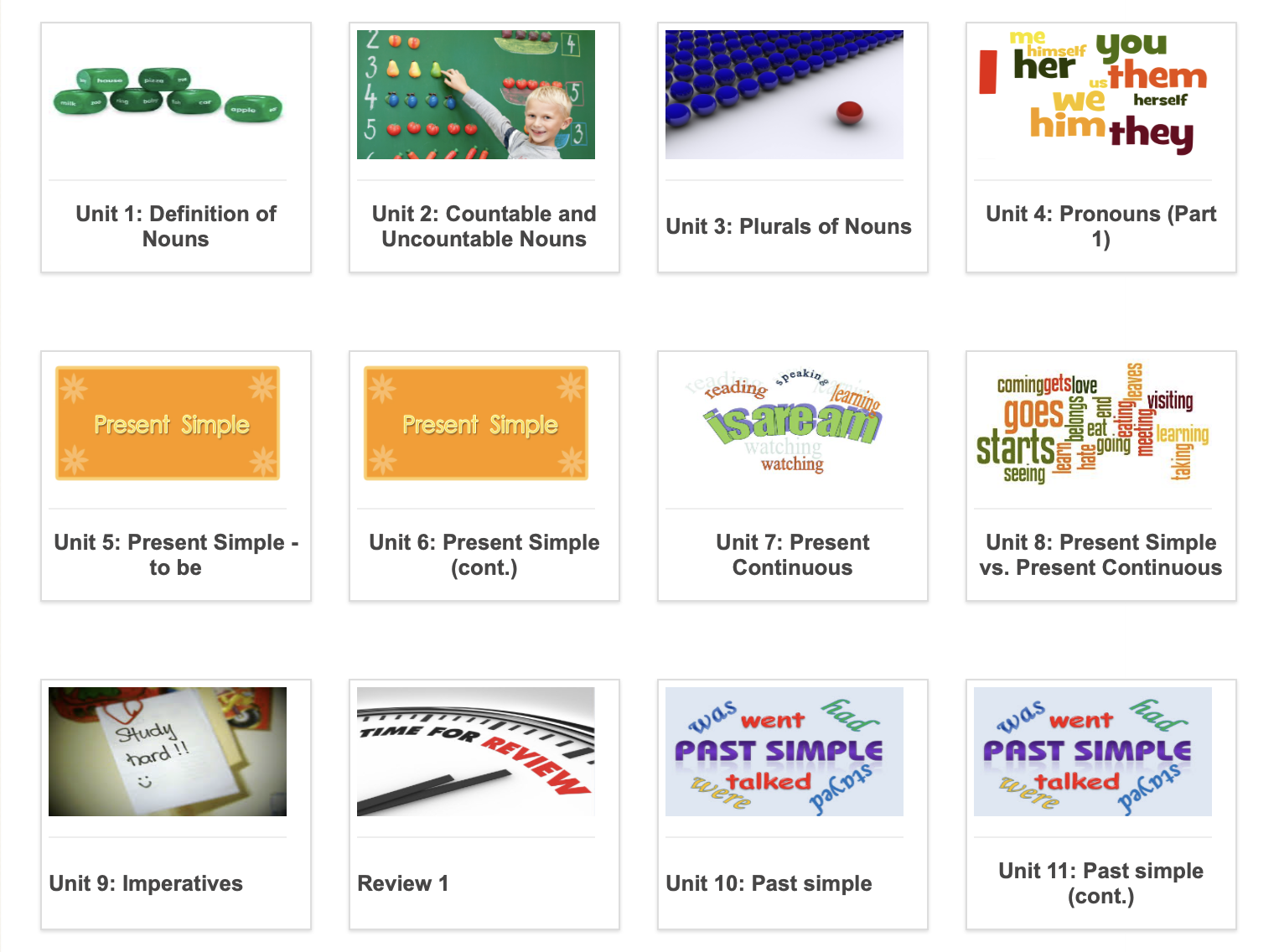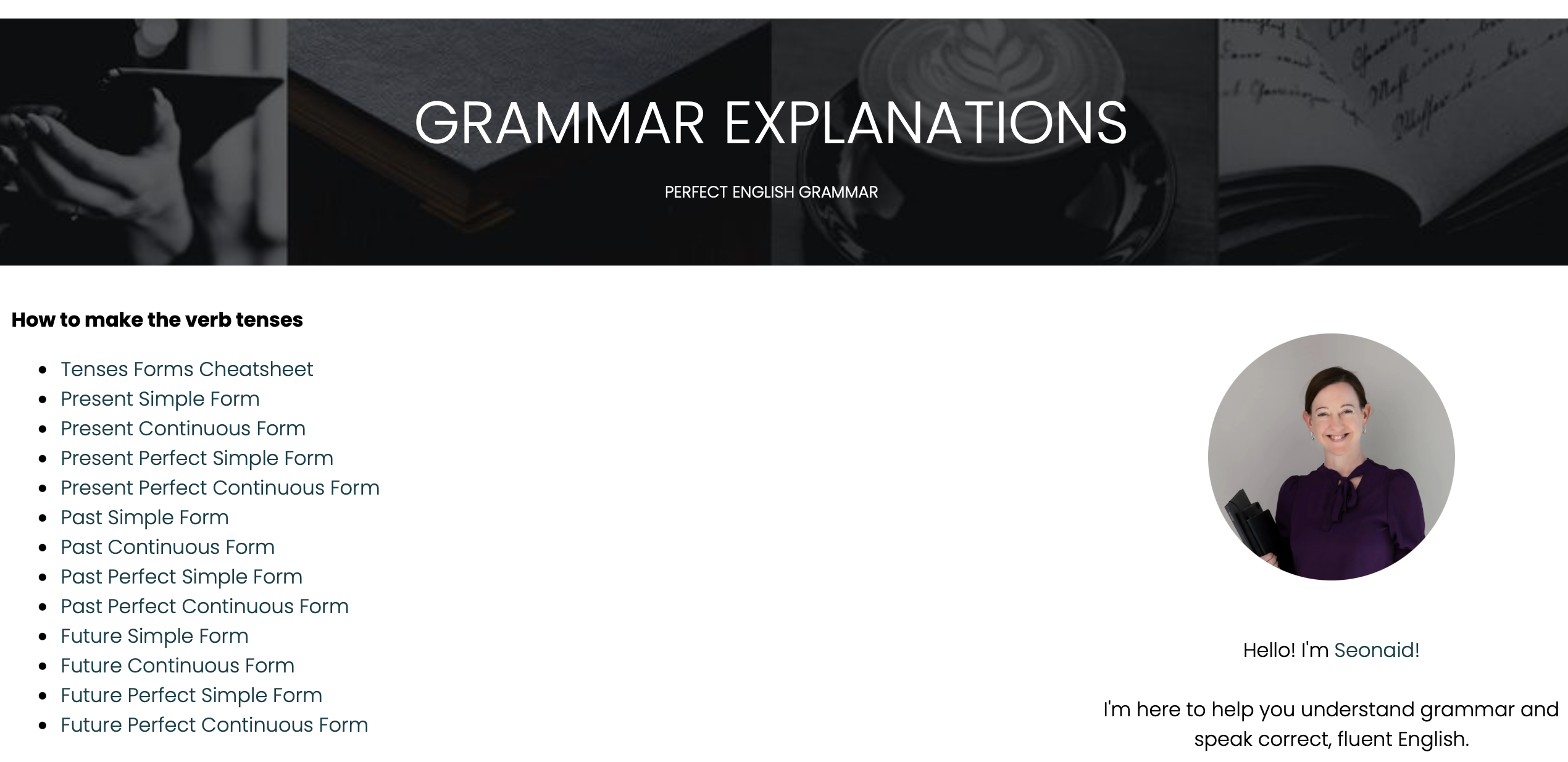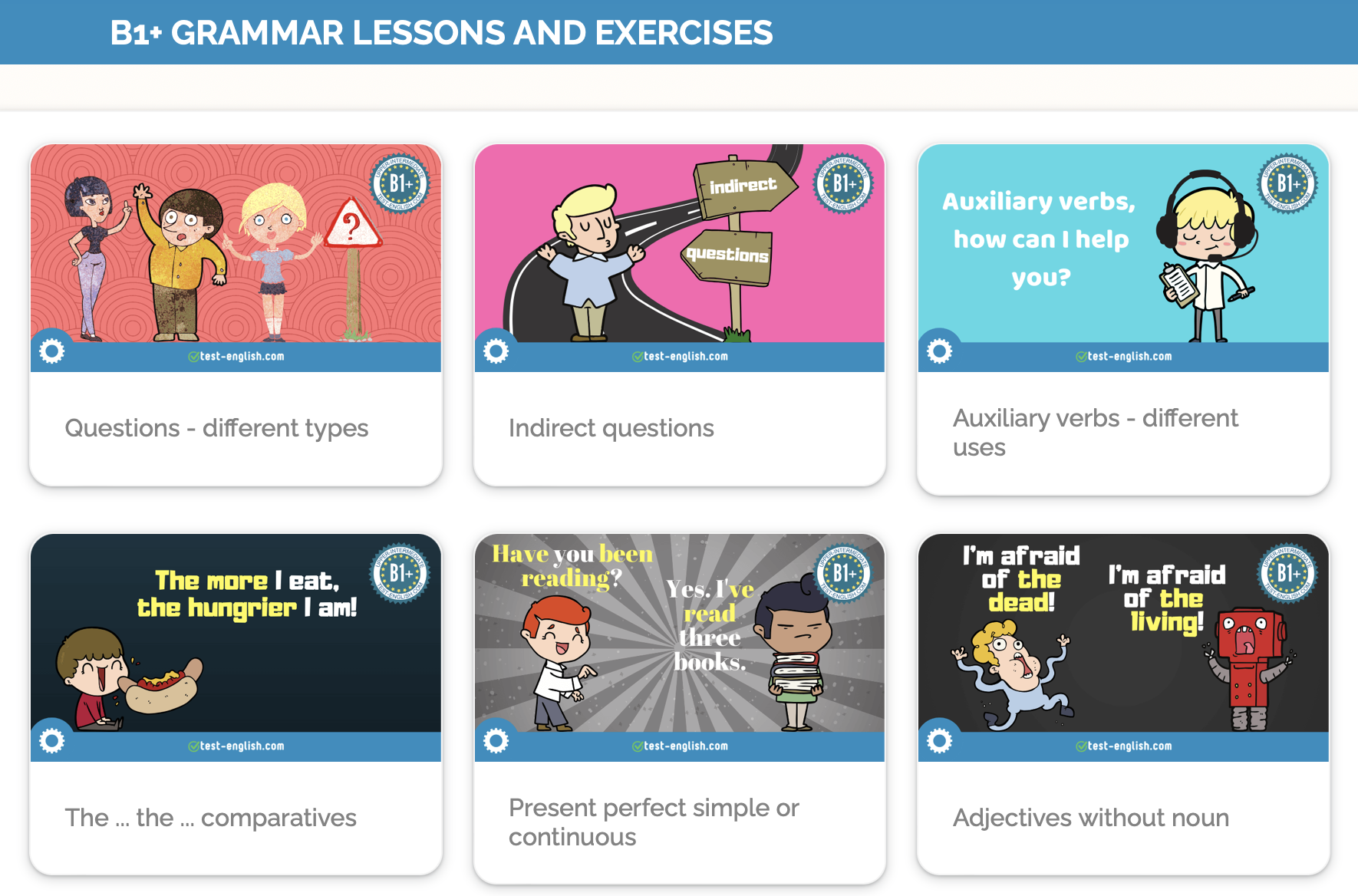English Grammar – B1 Intermediate Level

Threshold
Use reasonably accurately a repertoire of frequently used routines and patterns associated with more predictable situations.
Errors occur, but it is clear what they are trying to express.
Let's start below
B1 adjectives and adverbs
- Adjectives with -ed vs -ing, i.e. boring vs bored, tiring vs tired, shocking vs shocked etc.
- Adverbs of frequency – always, never, seldom, sometimes, often, rarely, occasionally, etc.
- Word order of adverbs of frequency i.e. I never smoke. I am never late.
- Comparative and superlative of irregular adjectives i.e. little – less – the least
- Same as, the same i.e. Laura gets the same salary as me. You’re just the same as your mother.
- As… as i.e. He isn’t as old as he looks. It’s not as cold.
- Like, alike, slightly i.e. You look like your mother, They look alike. She is slightly taller than me
B1 conditionals
- 0 conditional i.e. If people eat too much, they get fat quickly.
- 1st conditional i.e. If you are late, I will be angry.
- 2nd conditional i.e. If they had time, they would go on holiday.
- 3rd conditional i.e. We would have won if we had played better.
B1 conjunctions
- Connecting words expressing cause and effect and contrast: so, which, until, why, while, when, as, before, after, until, as long as, whenever, etc.
B1 future tenses:
- Will – sudden decisions i.e. I will phone tomorrow. I will carry it for you.
- Future progressive i.e. Will you be going away this summer?
- Going to – for plans i.e. I am going to give you a call soon.
- Passive voice i.e. The report will be done by tomorrow.
B1 gerund and infinitive:
- Verbs followed by infinitive i.e. want, hope, need, plan, expect, promise, decide, offer, refuse, try, forget, learn, would like, etc.
- Verbs followed by gerund i.e. enjoy, mind, finish, suggest, etc.
- Verbs followed by infinitive or gerund i.e. stop
- Forming nouns from verbs using – ing, i.e. swim – swimming, talk – talking
B1 modal verbs:
- may, might for probability i.e. I might go to the cinema. It may be late now.
- May, might for polite request i.e. May I sit here? Might I ask you something?
- Can, can’t in past i.e. She can’t have seen me. She can have left the purse on the table.
- Can for polite request i.e. Can you change my room, please?
- Can for probability i.e. We can ask her again.
- Could for ability i.e. He couldn’t dance at all until he took lessons.
- Could for probability i.e. Alcohol could cause cancer.
- Must vs have to i.e. You must clean your clothes. I have to go to the dentist.
- Must/can’t for deduction i.e. That must be the main entrance. It can’t be far now.
- Be able to in past and present perfect and future i.e. She wasn’t able to visit us. We haven’t been able to travel for a year now. He will be able to come to the party.
- Be able to for possibility i.e. We were not able to get the tickets.
- Ought to for obligation i.e. We ought to leave now. You ought to listen carefully.
- Need for necessity i.e. I need new glasses.
- Needn’t for obligation i.e. You needn’t wear a tie.
- Need in past i.e. I needed to know who that person was.
- Mustn’t for obligation i.e. Students mustn’t speak during the exam.
- Shall for suggestions and polite offers i.e. Shall we meet again? Shall we have pizza?
B1 past tenses:
- Past simple i.e I was tired last night. We enjoyed the party.
- Past progressive i.e. In 2010 we were living in Australia.
- Past perfect i.e. When I arrived, everybody had left. I had exercised.
- Past perfect progressive i.e. I had been playing basketball.
- Used to i.e. I used to have a dog.
- Passive voice i.e. She said she had been tired.
- Reported speech i.e. She said she loved the film. She didn’t know where her father was.
- All main irregular verbs
B1 prepositions:
- Prepositional phrases with in, for, from, to, at, to, in, about, with, from, of
- Among, Until, On, At, In
B1 present tenses:
- Present simple i.e. I come from Greece. I work late on Tuesdays.
- Present progressive i.e. She isn’t eating. Why are you wearing a coat?
- Present perfect with for, since, yet, already, never, ever, just, i.e. I have never seen that film before. She hasn’t written yet. We have just finished eating.
- Present perfect progressive i.e. I have been learning English for ever.
- Passive voice i.e. The book has been rewritten many times. The dinner is served. She is being vaccinated.
- Present progressive for future, i.e. When are you meeting again?
- Present simple for future, i.e. School starts at 8 every day.
- Reported speech i.e. She said she had been waiting for hours.
- There is, There are i.e. There is a dog in the garden. There are people everywhere.
B1 pronouns:
- Pronouns: something, anything, nothing
- Reflexive pronouns: myself, himself, herself, itself, ourselves, yourself, themselves
B1 questions:
- Complex question tags i.e. It was raining, wasn’t it? You did it, didn’t you?
- Wh- questions i.e. Who is she with? How do you like it? What are they like? What kind of job do you need?
Learning a new language is a long process of acquiring knowledge and sharpening skills. Just diligently study and practice without too concentrating on the exams as the score or grade is merely the evident outcome of the ceaseless progress. Just focus on how to learn so that you can use the language fluently and confidently. So, let’s begin learning whatever you like below and persevering with them.
Videos
24 videos
57 videos
13 videos
51 videos
67 videos
41 videos
APPS
Learners can study with some intermediate apps with various lessons, levels, and funny games to have motivation and maintain the learning process every day. You can download the app from your CH Play or App store.
English Grammar in Use
The app includes theoretical knowledge associated with practical exercises, developed by Cambridge University based on the book of the same name by author Raymond Murphy.
Magoosh Grammar
Mainly aimed at helping users with theoretical knowledge, the application includes many different grammar topics with the method of learning vocabulary through flashcards.

